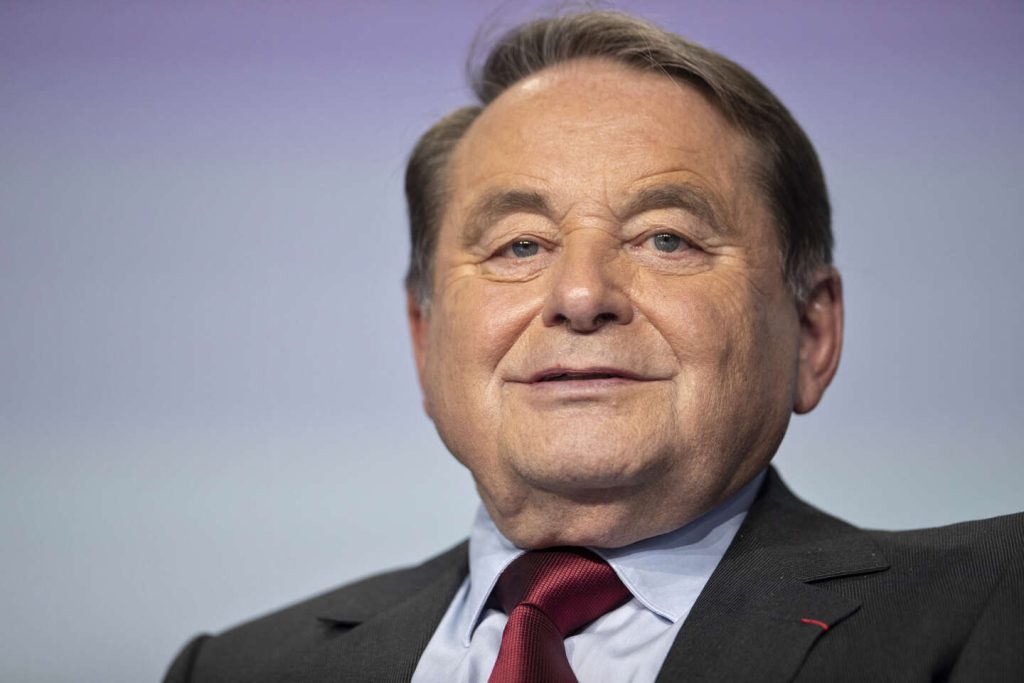The President of the Local Finance Committee (CFL), André Laignel, in Paris, on November 21, 2019. There has been a call from local elected officials to reform the general operating grant (DGF) and to do so with declining resources. The CFL, responsible for defending the financial interests of local authorities, met on April 23 and voted to suspend the work that had started in January. They invited ministers Dominique Faure and Thomas Cazenave to come before the CFL and discuss government proposals for facilitating a reform. However, Faure rejected the mission proposed, stating that the ministers would not attend the CFL as a result.
President Macron had proposed a reform of the grant system to be more just, transparent, and predictable. The DGF is currently based on complex criteria such as population, wealth, resources, and charges, which are difficult to understand and are unanimously criticized. The complexity of the system was highlighted by Deputy Eric Woerth in March, who described the criteria as completely incomprehensible in a democracy. The CFL began its work with broad consensus but encountered difficulties in the drafting of the mission letter, which led to disagreements with government officials over the direction of the reform.
The CFL’s work began in agreement with President Macron’s proposal, however, President Laignel insisted on a clear and well-defined mission. The first draft of the mission letter submitted by Faure’s cabinet was described as poorly written and inaccurate. The letter, which arrived in late March, outlined that the mission should align with the trajectory of the 2023-2027 public finance programming law. Despite initial momentum, the CFL’s decision to suspend its work and request government involvement indicates a roadblock in the reform process and highlights the challenges faced in reforming the DGF.
The refusal of some government officials to engage in discussions with the CFL reflects a lack of cooperation and understanding of the importance of local finance reform. The complexity of the DGF system, which relies on numerous opaque criteria, has been a longstanding issue for local authorities, resulting in calls for a more transparent and fair distribution of funds. The disagreements between the CFL and government ministers demonstrate the challenges in achieving consensus on financial reforms that are crucial for the sustainability of local authorities. The outcome of the CFL’s decision to suspend work and request government intervention remains uncertain, raising questions about the future of the DGF reform process.


